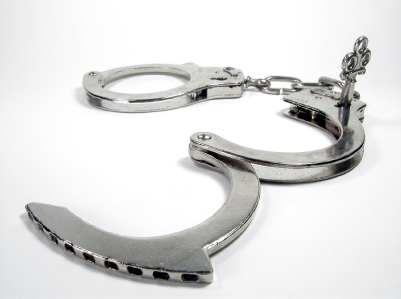Pursuant to RCW 7.105.225(5), if a court declines to issue a civil protection order, the court shall state in writing the particular reasons for the court’s denial. If the court declines a request to include one or more of the petitioner’s family or household member who is a minor or a vulnerable adult in the order, the court shall state the reasons for that denial in writing. The court shall also explain from the bench that a petitioner has the right to refile a petition for a protection order at any time if the petitioner has new evidence to present that would support the issuance of a protection order and that both parties’ have a right to seek revision, reconsideration, or appeal of the order issued. So what, pretell, are these options?
A request for revision is a method of review wherein one asks a judge to change a court commissioner’s order. See, RCW 2.24.050. In many counties, commissioners decide protection order cases. A commissioner is like a judge but only makes decisions relating to a specific subject matter. A Motion for Revision simply asks a judge to change the decision a commissioner has made on a case; in essence, the judge simply re-weighs the evidence and decides if a ruling was correct. No new evidence is considered by the judge.
A request for reconsideration is a method of review wherein one asks a judge to review the case anew. It is done when a commissioner enters an order that you disagree with and you want a different person, a judge, to review your case anew. Things that would lead one to file a motion for reconsideration are: • Irregularity in the proceeding kept you from having a fair hearing; • The other party’s misconduct; • Accident or surprise; • You have newly discovered evidence; • The decision was wrong on the law, or there was no evidence to support it; • You objected to an error of law at the trial; • There was not “substantial justice” in your case.
Requests for revision or reconsideration must be made within 10 days of a commissioner’s order.
Finally, there is the option for an appeal, which must be filed within 30 days of the final judgement/ order. An appeal asks a higher court to change a lower court’s decision. You generally cannot ask the court to look at new evidence in an appeal. Like a revision, the higher court simply reviews the record and decides if the ruling conforms with the law.
If you or a loved one is in a bind as a result of a criminal/ civil protection order immediately contact a Seattle Criminal Attorney. A Criminal lawyer is not going to judge you. Hiring a Seattle Criminal Lawyer to help can – at a minimum – reduce obligations and can help direct people on how to best deal with their case, and many times even get them dismissed. So, it should go without saying that someone facing a criminal or civil protection order should hire a qualified Seattle Criminal Lawyer as soon as possible. Protection orders can cause havoc on a person’s personal and professional life. Anyone facing a protection order in Washington State should immediately seek the assistance of a seasoned Seattle Criminal Lawyer. SQ Attorneys can be reached at (425) 359-3791 and/or (206) 441-0900.


